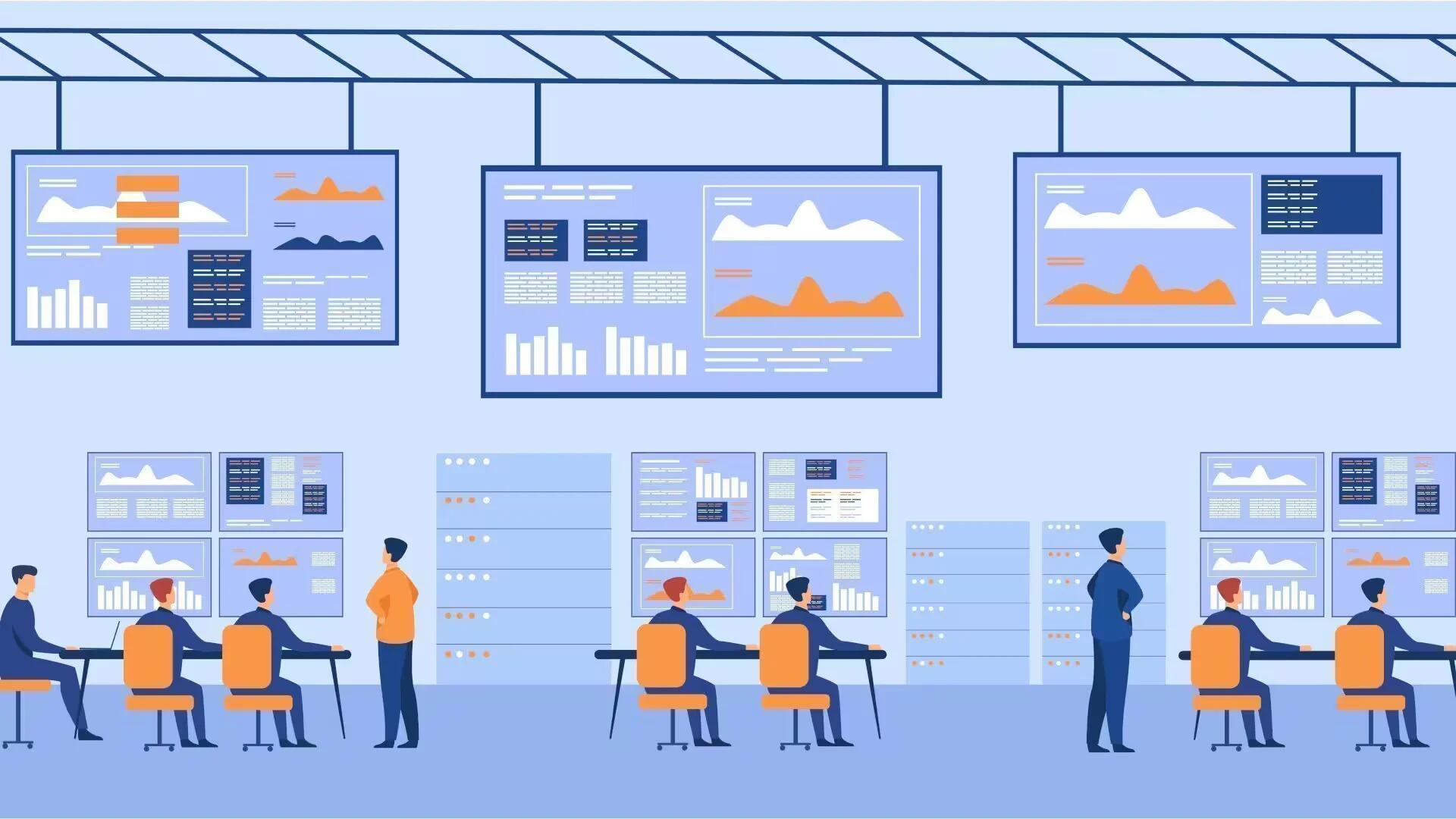Virtual data rooms are convenient for storing, managing, and sharing critical company data with guaranteed reliability and performance. Today, data room companies are becoming increasingly popular and in demand in various industries, including real estate, accounting, law, pharmaceuticals, and more.
In which areas are VDRs particularly relevant?
What is a virtual data room? It is an innovative tool that has become essential for modern business. It is software that allows meetings to be conducted in a controlled environment.
Let us see how different industries can use a digital data room:
- Project Companies: In such organizations, there is often a need to grant a workgroup access to information for a specific period and ensure access to documents is locked after task completion.
- Financial Sector: Financial organizations managing critical information typically seek secure ways to send and manage file access for their branches and external counterparts.
- Telecommunication Operators: These companies need tools to protect user information and label documents in accordance with management requirements.
- Retailers: Organizations must securely protect data stored on merchandisers’ and sales representatives’ devices, which is of great importance.
Thus, electronic data rooms have become an integral part of modern business, providing modern protection and control over information exchange with external parties.
Benefits of using a VDR for business development and protection
VDR allows organizations of various sizes to address unique tasks.
For data security:
- Tailored data security: VDRs provide a tailored approach to data security, allowing organizations to customize access controls, encryption levels, and authentication methods to match their specific security needs. This personalized security approach minimizes the risks associated with data breaches and unauthorized access, making it ideal for businesses with unique data protection requirements.
- Industry-specific compliance: VDRs can be configured to adhere to industry-specific regulations and compliance standards, ensuring that organizations meet the precise legal requirements relevant to their sector. This customization minimizes regulatory risks and helps maintain a compliant posture.
- Custom workflow integration: VDRs offer the flexibility to integrate with existing workflows and systems, allowing businesses to tailor their document management processes. This streamlines operations, enhances efficiency, and accommodates unique business processes, making it an indispensable tool for organizations with specialized workflows.
- Specialized reporting: VDRs can generate specialized reports that align with an organization’s unique needs, providing detailed insights into user activities, document changes, and access history. This tailored reporting capability aids in internal auditing, dispute resolution, and decision-making.
- Custom branding: Some VDRs offer custom branding options, enabling organizations to maintain a consistent brand identity within the virtual data room environment. This feature is particularly valuable for businesses that prioritize brand integrity and professionalism.
- Specialized collaboration tools: VDRs can be equipped with collaboration tools tailored to the unique needs of specific industries. For example, healthcare organizations may require secure telemedicine integration, while law firms might need advanced document comparison features. These specialized tools enhance collaboration within the VDR.
For the information sector:
- Using deduplication to reduce the amount of storage space needed
- Reduction of internal and external network traffic load, with files attached to emails automatically replaced with secure links
- Bypassing limitations on email attachment sizes and significantly reducing file sizes
- Management of all functions through a single interface: data backup, smartphone security tools, collaborative document work
- Virtual data rooms typically do not require extensive resources for deployment
- The ease of regular usage eliminates the need for training new employees.
A virtual data room is like a personal safe for storing a company’s data and is not to be used casually.
Service Costs
Choosing competent virtual data room providers is a rather complex process. It is essential to analyze various virtual data room options before integrating them into your operations. Effective business process software tools have a positive impact on the long-term return on investment and can contribute to the growth of your company.
Pricing may vary depending on the provider. In general, the price of a virtual data room is determined based on the following factors:
- Disk space capacity
- Security levels provided by the service provider
- Functionality offered by the system
- Technical support from the provider
- Integration with other information systems
- Customization capabilities to meet the client’s needs
- Reviews and the service provider’s reputation
Thus, the cost structure of online data room software includes a multitude of critical elements. This means that a data room cannot be free. The success of a deal or project carried out using a VDR depends on the quality of these elements.
In summary, a VDR is a secure business space for exchanging information among different entities that has managed to optimize many processes in business development. These databases can easily scale and adapt to changing business needs, adding or removing data sources as required.
